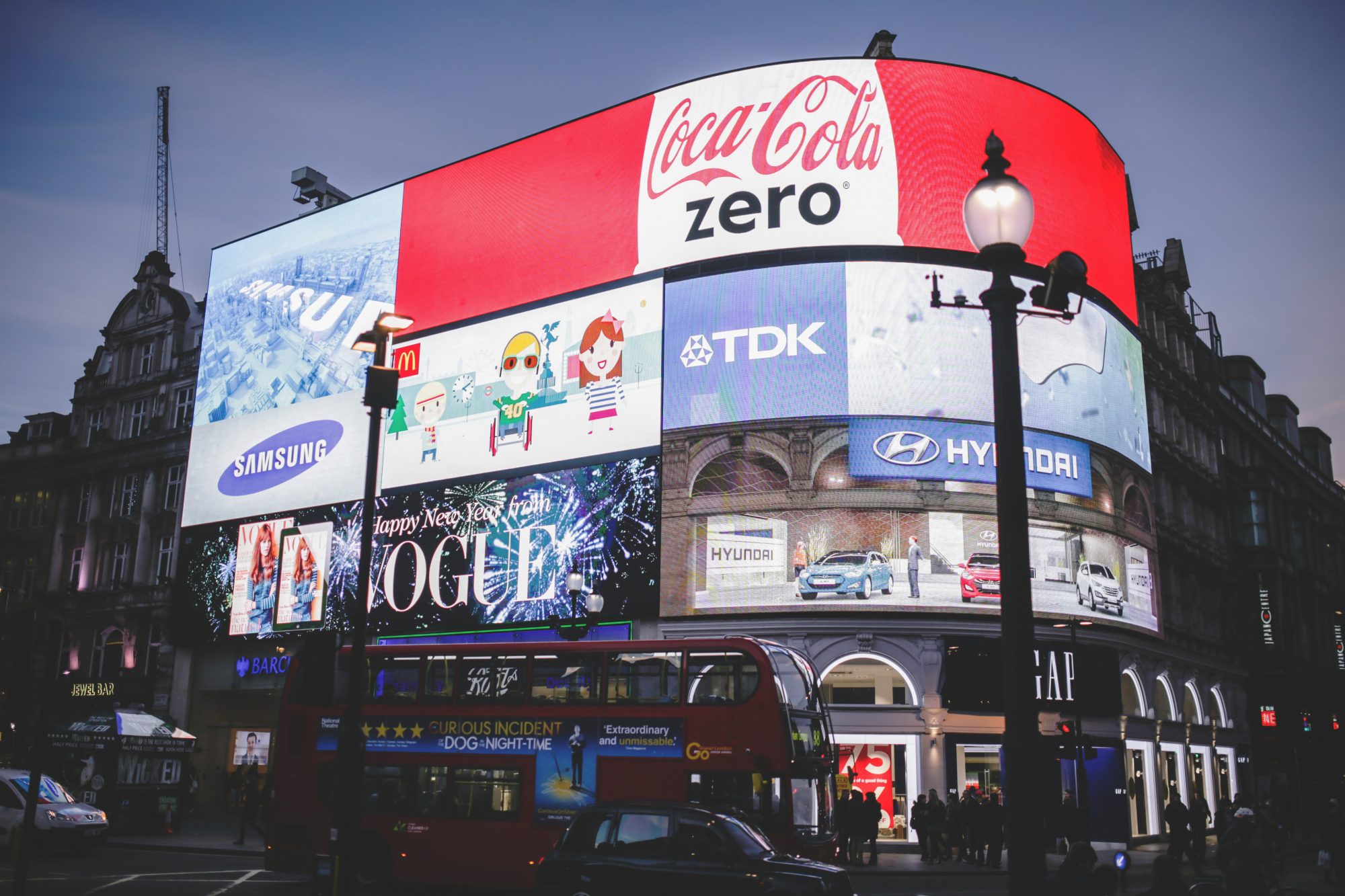You are what you eat is the mantra for the new millennium.
So does that mean food choices are the governing factor in obesity? Evolving research suggests that the environment that you frequent massively impacts on how you make those food choices. This is the idea of obesogenic environments
For the last couple of decades the designers have been attempting to design out criminal activity, recognising that when the environment makes it harder to engage in criminality then criminality migrates or stops.
Subways have largely been replaced by surface level crossings, car parks have been designed to eliminate hiding places. Cars have better security and the result less criminality in car parks, underpasses and car thefts without raising punishments or employing more policing. For many criminals the ability to offend in these arenas has been significantly reduced, even if the desire has not been addressed.
Only recently has this thinking been applied to obesity. What if the environment is contributing to the rise in obesity? Where obesity is at its greatest there is a preponderance of fast food environments, limited opportunity to walk or get natural exercise within your day.
The increase in fast food outlets could be another sphere of the chicken and egg debate. Do they appear due to the demand or does their presence cause the increase in demand and so increase in obesity.
However the link between opportunities to exercise does suggest that in environments where there is less physical activity, where people will drive everywhere, use the lift and relax in front of the tv, then obesity does increase. Perhaps the lack of activity, may also lead to a lack of natural release serotonin which may increase the consumption of those mood lifting, energy dense, high carb, sugar and fat foods which results in a more obese community.
The research allows the obese to stop blaming their glands, their big bones or their trauma and self esteem issues and instead settle for a life of passive obesity. But, once you become aware of how the environment impacts on eating habits and on personal choices, it is still possible to put in measures to negate the effects of your environment. During therapy I work with weight and highlight how the micro and macro environments massively impact on our moods and our food choices. By being more actively engaged in managing that process, mindless eating can be reduced, moods can be stabilised, mental and physical health can be enhanced and you can take back control of your weight.
So what can you do if you are in one of these environments to protect yourself?
Manage your own environment and your relationship with food.
Some companies are deliberately keeping carparks a distance from the work place to encourage walking. Others are slowing lifts down so that walking is quicker, as individuals we can take more responsibility for our own food intake and exercise opportunities too.
Park further away,
Use public transport or even walk to work,
Only carry essential money with you so you are unable to buy junk snacks in this obesogenic environment
Carry fruit if you need some food
Bulk out your meals with fruit and veg to limit feeling hungry
Carry bottled water to limit absent mindedly snacking when you are really hungry
Plan your leisure time so you are not sedentary, and do it at least a couple of times a week.
Getting fat is easy; if your environment makes it easy it is likely to happen. Control your environment by planning and doing more, a little more, just enough to reduce the opportunities of poor food choices and you will take back control of the weight.


